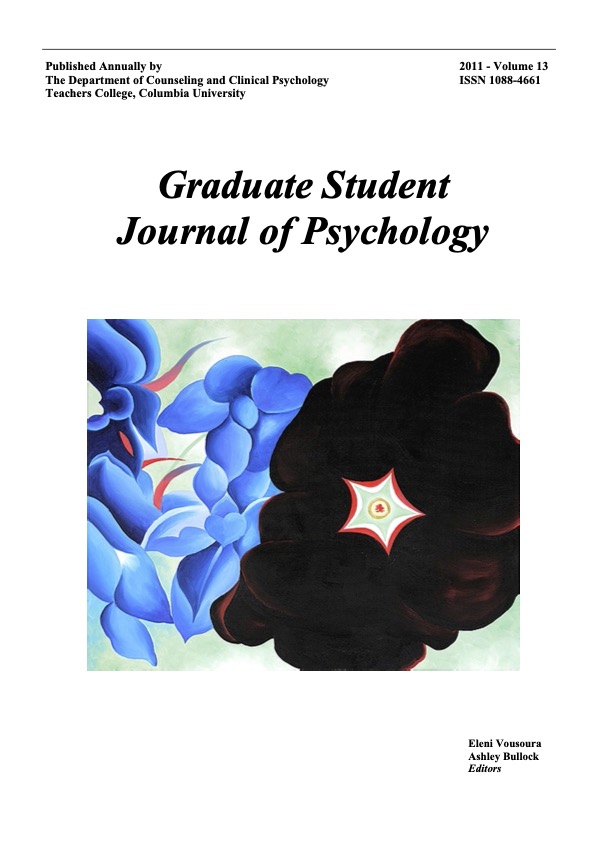Interpreter-Mediated Therapy for Refugees: A Need for Awareness and Training
Main Article Content
Abstract
This brief report discusses the challenges arising from interpreter-mediated therapy in the treatment of refugees with Post Traumatic Stress Disorder (PTSD). Although the refugee population continues to grow in the United States, the treatment competency of mental health professionals working with this population has not adequately responded to this growth. As a result of the trauma often experienced by refugees many present with PTSD symptomatology and require trauma-focused mental health care. Language disparities between clinical psychologists and refugees often result in the need for interpreter-mediated therapy, yet psychologists lack awareness and relevant training in working collaboratively with interpreters to provide competent care. The complex reality of interpreter-mediated therapy can involve substantial deviations from the refugee’s original message and deprive refugees from receiving adequate treatment.
Article Details
Section
Articles

This work is licensed under a Creative Commons Attribution-NonCommercial 4.0 International License.
How to Cite
Cecchet, S. J., & Calabrese, D. (2011). Interpreter-Mediated Therapy for Refugees: A Need for Awareness and Training. Graduate Student Journal of Psychology, 13, 12–16. https://doi.org/10.52214/gsjp.v13i.10857

